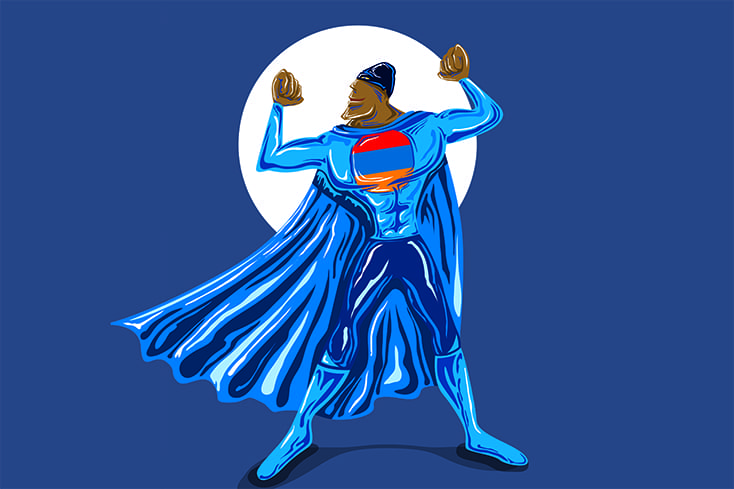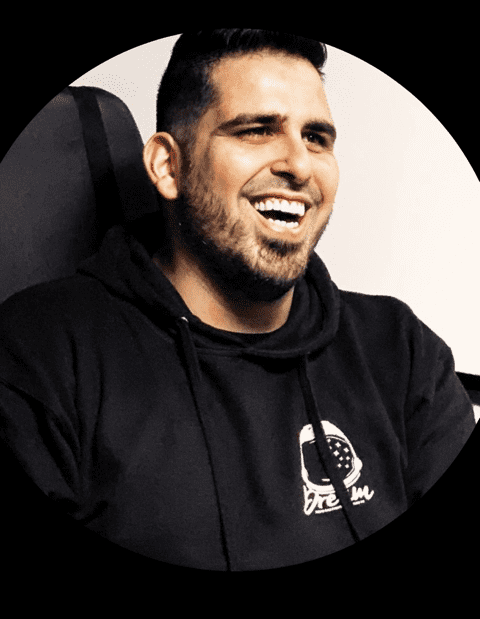July 22, 2020
By Sammy Sucu

My mental health challenges have been a part of my life since I was in grade school, but no one knew about it. As an Armenian who went to a private Armenian school my whole life, I was trapped in a bubble. Everyone around me was likeminded, spanning all the way from my classmates, to their parents, to the staff at the school.
Unfortunately, no one really cared much about the importance of mental health at my school. This caused many problems for me because I knew there was something wrong, but I was constantly being invalidated as “making excuses” or being told, “you are a teenager, you have no idea what being depressed is.” The reason for this is because, in our culture, mental health issues are seen as cries for attention or nonexistent because of how proud we are.
Throughout high school, I used to get triggered by thoughts of death. I had no one to talk to about it with. My parents were going through a lot as a result of an earthquake that left aftershocks in my family for years. It was after the earthquake when my household fell apart. My father had to leave the country to provide for us, so I grew up without my father around.
No one at my school, or in my circle, saw this as a problem and kept invalidating it as a big issue. They would say, “at least he’s not dead,” as if it didn’t feel the same to me. I was a terrible student in high school because I was battling something I could not figure out. In 11th grade, the school hired a therapist, and I was able to speak to him. However, because I was a poor student and a class clown (as a result of my need to please people), he did not take me seriously because I was always “so happy.”
Other people seemed to be battling the same thing, but they were too proud to even discuss it. This sense of pride is a flimsy shield that eventually starts to crack as people can no longer bear the weight. This is what I want to help avoid. You should feel pride in the fact that you can discuss your story rather than hide it. 
The inability to talk about my mental health was a pain for me for years, but now, 12 years later, I have been able to break the stigma within my circle. A lot of my Armenian and Middle Eastern friends are constantly reaching out to me about their stories, and we help one another out. I have made it clear that symptoms of depression are real and that they are not a cry for attention — they are a cry for help. My goal as a minority who battles with anxiety and depression is to help people not be afraid to seek help and speak out.
Sammy Sucu helps raise funding for different cultures through his brand DREAM, and raises awareness about the importance of mental health within cultures that seem to ignore it.
Submit To The NAMI Blog
We’re always accepting submissions to the NAMI Blog! We feature the latest research, stories of recovery, ways to end stigma and strategies for living well with mental illness. Most importantly: We feature your voices.
LEARN MORE